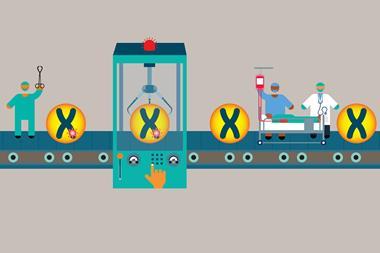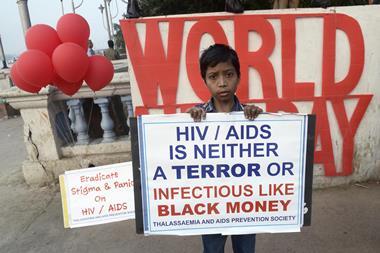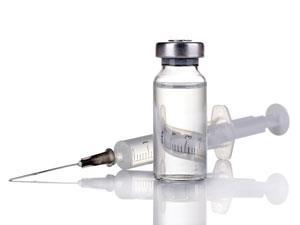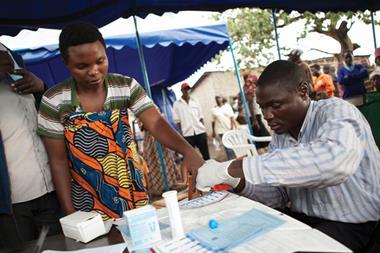The US National Institutes of Health (NIH) and partners will launch a large HIV vaccine trial in South Africa in November 2016, pending regulatory approval. This represents the first time in seven years that the scientific community has embarked on an HIV vaccine clinical trial of this size, said Anthony Fauci, the director of the NIH’s National Institute of Allergy and Infectious Diseases.
An early-stage, smaller clinical trial with 252 participants that is ongoing in South Africa has shown that the investigational vaccine regimen being studied is safe and may protect people from HIV infection, so the NIH has advanced the experimental vaccine into this larger trial, which will enrol about 5400 volunteers. The experimental vaccine that will be studied is based on the regimen investigated in a US military HIV research programme in Thailand that delivered landmark results in 2009.
In the Thailand study, the experimental regimen was found to be more than 31% effective at preventing HIV infection three-and-a-half years post-vaccination, and it appears to have been 60% effective one year after vaccination, the NIH said. The vaccine that will be administered in the South African study is designed to provide greater protection than the one used in Thailand, and it has been adapted to the HIV subtype prevalent in southern Africa.










No comments yet